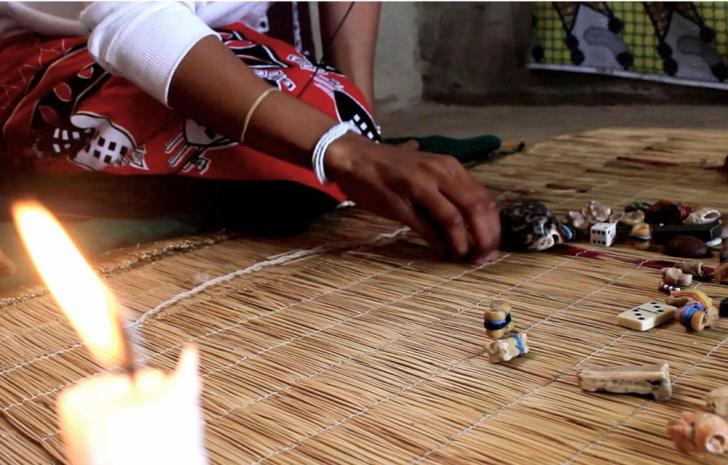News / National
Chiefs, sangomas bemoan cultural rot
01 Jun 2025 at 13:39hrs |
0 Views

Traditional chiefs and healers have been called upon to play a proactive role in restoring cultural decency by promoting Indigenous Knowledge Systems (IKS) across communities.
Chief Chiweshe, born Elias Kutadzaushe, emphasized that traditional leaders must regularly engage with their people to revive and preserve indigenous cultures. Speaking at a belated Africa Day celebration held at Excel Academy in Glendale, he stressed the importance of continuous education on IKS for sustainable development.
"As part of bringing sanity to existing cultural abnormalities, Indigenous Knowledge Systems should be continuously rolled out in schools, communities and all public gatherings for sustainable development," Chief Chiweshe said.
He expressed concern over the erosion of local traditions, citing the growing influence of foreign cultures as a serious threat to indigenous heritage. "Alien cultures have been continuously threatening the existence of indigenous local cultures and it is our duty as leaders to defend against such, in our quest to benefit the next generation," he added.
Glendale-based traditional healer Sekuru Nyangatayani, born Peter Chingudzi, lamented the widespread cultural decay affecting the nation. He noted with disappointment how many people have abandoned their customs, allowing moral values to be replaced by what he described as "alien toxicity."
"It is quite embarrassing to note and observe that people have dumped their local traditions and morality has been substituted for alien toxicity," Nyangatayani said.
He called for a return to indigenous traditions as a foundation of identity and urged communities to actively share and engage with Indigenous Knowledge Systems. "It is our duty to get back to basics of indigenous traditions and that defines us. We should share and engage genuinely on indigenous knowledge systems," he concluded.
The call by traditional leaders and healers highlights a growing concern about cultural preservation amid rapid globalization and the influence of external values. Their advocacy aims to strengthen community cohesion and ensure that indigenous heritage remains vibrant for future generations.
Chief Chiweshe, born Elias Kutadzaushe, emphasized that traditional leaders must regularly engage with their people to revive and preserve indigenous cultures. Speaking at a belated Africa Day celebration held at Excel Academy in Glendale, he stressed the importance of continuous education on IKS for sustainable development.
"As part of bringing sanity to existing cultural abnormalities, Indigenous Knowledge Systems should be continuously rolled out in schools, communities and all public gatherings for sustainable development," Chief Chiweshe said.
He expressed concern over the erosion of local traditions, citing the growing influence of foreign cultures as a serious threat to indigenous heritage. "Alien cultures have been continuously threatening the existence of indigenous local cultures and it is our duty as leaders to defend against such, in our quest to benefit the next generation," he added.
Glendale-based traditional healer Sekuru Nyangatayani, born Peter Chingudzi, lamented the widespread cultural decay affecting the nation. He noted with disappointment how many people have abandoned their customs, allowing moral values to be replaced by what he described as "alien toxicity."
"It is quite embarrassing to note and observe that people have dumped their local traditions and morality has been substituted for alien toxicity," Nyangatayani said.
He called for a return to indigenous traditions as a foundation of identity and urged communities to actively share and engage with Indigenous Knowledge Systems. "It is our duty to get back to basics of indigenous traditions and that defines us. We should share and engage genuinely on indigenous knowledge systems," he concluded.
The call by traditional leaders and healers highlights a growing concern about cultural preservation amid rapid globalization and the influence of external values. Their advocacy aims to strengthen community cohesion and ensure that indigenous heritage remains vibrant for future generations.
Source - The Standard
Join the discussion
Loading comments…



























